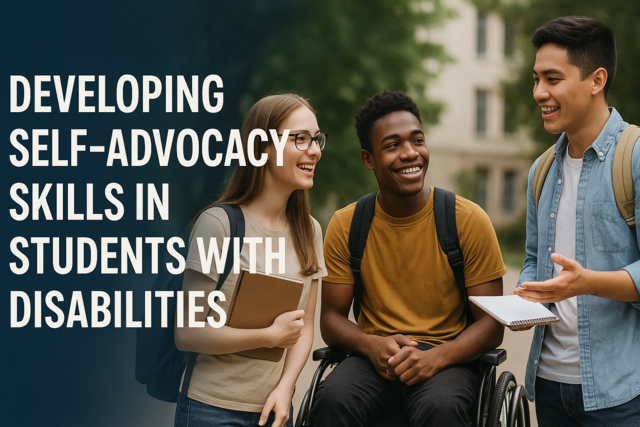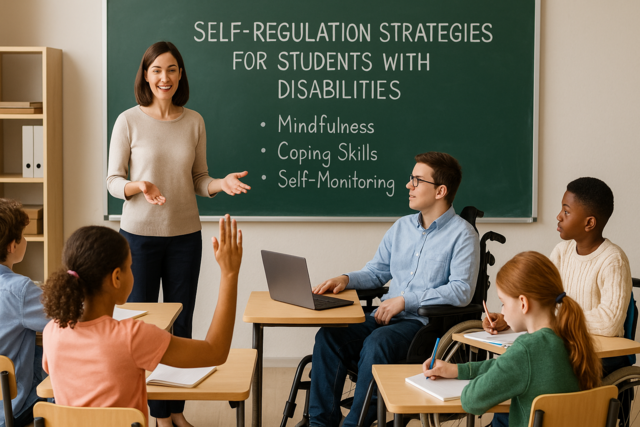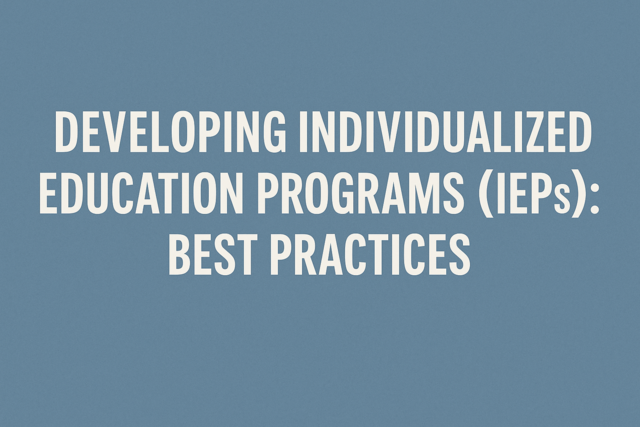Online Class: Cognitive Strategies for Students with Intellectual Disabilities

no certificate
with CEU Certificate*
-
15Lessons
-
22Exams &
Assignments -
7Hours
average time -
0.7CEUs
Course Description
Welcome to "Cognitive Strategies for Students with Intellectual Disabilities"—a transformative course designed to revolutionize your approach to inclusive education. Imagine stepping into a world where every educational challenge is met with innovation and every student's potential is unlocked by tailored, strategic methods. This isn't just another class; it's an essential journey that empowers you to make a profound impact on the lives of your students and enriches your teaching practices with depth and purpose.
At the heart of this course lies a belief in the power of potential. Every student, no matter their challenges, possesses unique strengths just waiting to be discovered and nurtured. Our program invites you to immerse yourself in an inspiring exploration of cognitive strategies that break barriers, fuel independence, and champion confidence for students with intellectual disabilities. Through this course, you're not just acquiring teaching techniques; you're adopting a mindset that champions inclusive education with heart, creativity, and dedication.
Picture yourself witnessing the moment a complex task suddenly becomes accessible to a student through the power of cognitive tools like task analysis and repetition. Imagine the joy as a child's comprehension comes alive through visual and auditory aids that transform abstract concepts into tangible understanding. Consider the peace of mind you offer a student learning mindfulness techniques that ease emotional turmoil and enhance focus. These are not abstract promises, but achievable outcomes that our course equips you to realize.
Beginning with the foundational aspects of cognitive tools, you will be guided through dynamic lesson plans that offer numerous practical insights. You will explore the limitless potential of memory aids, designed to transform the learning experience. With tools crafted from visual aids to assistive technology, each module carves out creative pathways to connect with, and empower, your students. Enter the realm of mindfulness, where you'll learn to cultivate calm and focus—essential elements for an engaging and adaptive learning environment. Witness the incredible progress made as students harness these skills not only to enhance their school experience but to flourish in broader social contexts.
The lecture on problem-solving isn't merely about teaching routines. It's about nurturing emotional resilience through well-structured support, allowing students to confidently navigate their educational journeys and daily lives. From using role-playing as a bridge to empathy and understanding, to integrating personalized technologies that make learning a fun, game-like adventure, each part of this course is purposely designed to be actionable and relevant.
Your journey will continue as you discover the power of tapping into individual strengths and tailor your teaching to diverse needs. With personalized learning techniques, you'll create interactive, meaningful experiences that align with the interests of each student. You'll find support in cooperation and celebrate collective achievements, enabling a classroom atmosphere that values and fosters each student's unique contributions.
We focus on the critical role of visual and nonverbal communication, recognizing that the ability to understand and express oneself is fundamental to empowerment. You'll hone skills that allow students to thrive in social interactions and build meaningful connections. Engaging, multisensory learning strategies will offer new ways to grasp complex subjects, inspired by students' natural curiosity.
"The Cognitive Strategies for Students with Intellectual Disabilities" course doesn't just offer strategies—it sets you on a path toward becoming a beacon of hope and change. By enrolling today, you step into a supportive community of educators and experts dedicated to inclusive excellence, equipped with tools to make lasting impacts. We invite you to embark on this life-changing journey, where every lesson translates into real-world success, empowering students and educators like never before.
Join us, and unlock a future where every student's potential is not only recognized but fully ignited. This is your moment to change lives—begin yours now.
- Completely Online
- Self-Paced
- 6 Months to Complete
- 24/7 Availability
- Start Anytime
- PC & Mac Compatible
- Android & iOS Friendly
- Accredited CEUs

Course Lessons
Lesson 1. Harnessing Cognitive Tools for Inclusive Education
Traditional cognitive methods like task analysis and repetition are invaluable for students with intellectual disabilities, facilitating task breakdown and skill reinforcement. Meanwhile, teachers cultivate adaptable, diverse learning environments, offering scaffolding to build confidence and autonomy.Lesson 2. Memory Aids: Tools for Engagement and Retention
Visual memory aids transform complex data into discernible patterns, fostering understanding and retention through imagery, while auditory cues leverage rhythm and repetition for seamless concept integration. Kinesthetic approaches empower learners to build lasting impressions through movement, solidifying knowledge via hands-on experiences.Lesson 3. Mindfulness: Empowering Students with Unique Needs
Mindfulness, a powerful practice rooted in ancient traditions, is now pivotal in educational strategies for students with intellectual disabilities, enhancing emotional and cognitive growth. By focusing on present awareness, it fosters emotional regulation, patience, and improved social interactions, making learning environments more inclusive and adaptive.Lesson 4. Teaching Problem-Solving: From Structured Routines to Emotional Resilience
The lesson focuses on how tailored visual and auditory aids, such as visual schedules and verbal checklists, assist students with intellectual disabilities in navigating daily routines and learning environments. Through structured routines and step-by-step guidance, students gain confidence in their problem-solving abilities and develop essential life skills.Lesson 5. Visual Aids: From Abstract to Tangible Understanding
Educational strategies using visual aids improve task engagement and comprehension by connecting learners' visual strengths with abstract concepts. These supports foster independence and social skills, enriching academic and personal growth.Lesson 6. Transformative Role-Playing for Intellectual Growth
Role-playing nurtures empathy and inclusivity by encouraging students to experience different perspectives within structured scenarios. It equips students with problem-solving capabilities and fosters an understanding of social norms in a protective and supportive atmosphere.Lesson 7. Empowering Students with Intellectual Disabilities Through Assistive Technology
Gamification and educational apps transform learning into an enjoyable challenge, boosting motivation and skill development for students with intellectual disabilities. Adaptive technologies tailor content to individual needs, driving engagement through personalized, game-like experiences.Lesson 8. Personalized Learning for Diverse Needs
Incorporating students' interests into lesson plans transforms learning into interactive and meaningful experiences. This approach, bolstered by family collaboration and personalized assessment techniques, ensures educational practices are dynamic and student-centered.Lesson 9. Adapt, Engage, Empower: Tailoring Education for Intellectual Disabilities
Assistive technologies expand possibilities for inclusive education by personalizing adjustments to meet each student's learning needs. Innovative tools such as smartpens and VR applications empower students by providing a multisensory educational experience, bridging gaps in accessibility.Lesson 10. Mastering the Unspoken: Empowering Through Nonverbal Cues
Language development through feedback and peer modeling bolsters self-expression for students with intellectual disabilities, unlocking social integration opportunities. Personalized instruction and technology aid communication proficiency, promoting students' ability to engage actively and confidently with peers.Lesson 11. Multisensory Learning: Pathways to Educational Success
Multisensory techniques, such as using physical objects for math or incorporating movement in lessons, significantly improve engagement and retention for students with intellectual disabilities. By leveraging diverse sensory inputs, educators can address individual needs and foster an inclusive, adaptive learning environment that inspires curiosity and independence.Lesson 12. Cultivating an Inclusive Classroom: Tailored Approaches for Diverse Learners
Customizing learning strategies to students' unique cognitive strengths and limitations fosters academic and social success for those with intellectual disabilities. By combining engaging teaching methods like storytelling and interactive tools, educators can enhance understanding and motivation.Lesson 13. Tapping into Individual Strengths to Foster Success
Identifying weaknesses opens doors for improvement through innovative strategies, like using mnemonic devices for better retention. This approach not only boosts academic performance but also personal responsibility.Lesson 14. Empowering Minds: The Role of Collaboration in Inclusive Classrooms
Celebrating diverse achievements in collaborative settings boosts student motivation and engagement, reinforcing the value of unique contributions. Such recognition fosters confidence and community, nurturing an inclusive environment where students are driven to succeed and grow.Lesson 15. Crafting Inclusive Learning Environments for Intellectual Disabilities
Adapted assessments provide a holistic view of students' abilities, accommodating their unique profiles with qualitative and performance-based methods. Incorporating alternative assessments like art projects can reveal insights beyond traditional testing, highlighting students' true potential.
Learning Outcomes
- Demonstrate the application of cognitive strategies, such as visual aids or mnemonic devices, to enhance understanding and memory retention among students with intellectual disabilities.
- Recognize significant characteristics of intellectual disabilities as defined by AAIDD and their impact on social and practical skills before age 18.
- Identify specific strategies to integrate visual, auditory, and kinesthetic supports in lesson plans to improve cognitive engagement and retention for diverse learners.
- Define and demonstrate the use of visual, auditory, and kinesthetic memory aids to enhance learning for students with intellectual disabilities.
- Define how mindfulness practices can enhance emotional regulation and concentration in students with intellectual disabilities through classroom activities.
- Demonstrate the ability to engage in mindfulness exercises, such as guided imagery or focused breathing, to improve concentration and emotional well-being.
- Demonstrate the use of visual supports to enhance task completion and independence for students with intellectual disabilities.
- Define metacognitive strategies for problem-solving by crafting questions to guide their own learning processes.
- Demonstrate the ability to independently use visual schedules to transition between daily activities with reduced anxiety, as shown by completing transitions without prompts over five consecutive days.
- Identify appropriate symbols or images on a communication board to effectively convey personal needs and desires during classroom activities, achieving 90% successful communication attempts in a single session.
- Demonstrate the ability to engage in a structured role-play scenario, applying learned communication techniques to interact effectively in diverse social situations.#
- Identify specific social skills (e.g., initiating conversations, reading non-verbal cues) enhanced through role-playing exercises aimed at students with intellectual disabilities.
- Identify assistive technology tools and demonstrate their effective use to enhance learning and engagement for students with intellectual disabilities
- Demonstrate mastery of lesson content at levels of 70% or higher.
Additional Course Information

- Document Your Lifelong Learning Achievements
- Earn an Official Certificate Documenting Course Hours and CEUs
- Verify Your Certificate with a Unique Serial Number Online
- View and Share Your Certificate Online or Download/Print as PDF
- Display Your Certificate on Your Resume and Promote Your Achievements Using Social Media

Choose Your Subscription Plan
No Certificate / No CEUs
This course only
| Includes certificate | X |
| Includes CEUs | X |
| Self-paced |

|
| Instructor support |

|
| Time to complete | 6 months |
| No. of courses | 1 course |
Certificate & CEUs
This course only
| Includes certificate |

|
| Includes CEUs |

|
| Self-paced |

|
| Instructor support |

|
| Time to complete | 6 months |
| No. of courses | 1 course |
Certificates & CEUs
Includes all 600+ courses
| Includes certificate |

|
| Includes CEUs |

|
| Self-paced |

|
| Instructor support |

|
| Time to complete | 12 Months |
| No. of courses | 600+ |
Certificates & CEUs
Includes all 600+ courses
| Includes certificate |

|
| Includes CEUs |

|
| Self-paced |

|
| Instructor support |

|
| Time to complete | 24 Months |
| No. of courses | 600+ |
Related Courses
-
 3 hours
0.3 CEUs
Education Policy and Reform: Impact and Implications
+ More Info
3 hours
0.3 CEUs
Education Policy and Reform: Impact and Implications
+ More Info
-
 5 hours
0.5 CEUs
Advanced Excel for Data Management
+ More Info
5 hours
0.5 CEUs
Advanced Excel for Data Management
+ More Info
-
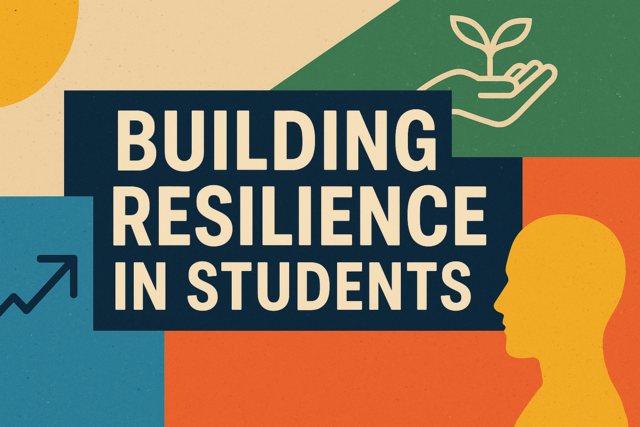 3 hours
0.3 CEUs
Building Resilience in Students
+ More Info
3 hours
0.3 CEUs
Building Resilience in Students
+ More Info
-
 4 hours
0.4 CEUs
Home Organization and Decluttering Techniques
+ More Info
4 hours
0.4 CEUs
Home Organization and Decluttering Techniques
+ More Info
-
 3 hours
0.3 CEUs
The Role of Peer Support in Trauma Recovery: Building Community and Resilience
+ More Info
3 hours
0.3 CEUs
The Role of Peer Support in Trauma Recovery: Building Community and Resilience
+ More Info
-
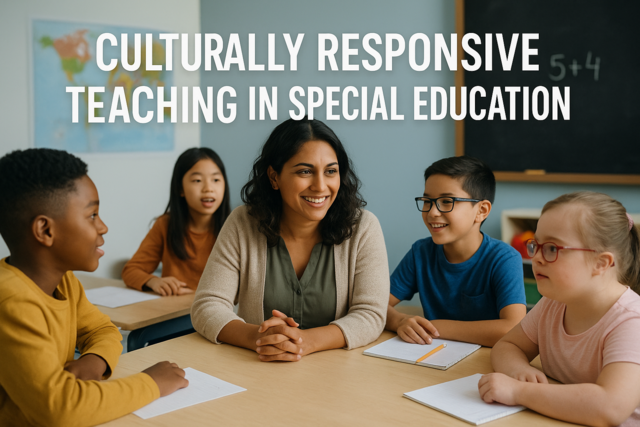 6 hours
0.6 CEUs
Culturally Responsive Teaching in Special Education
+ More Info
6 hours
0.6 CEUs
Culturally Responsive Teaching in Special Education
+ More Info
-
 5 hours
0.5 CEUs
Developing a Growth Mindset
+ More Info
5 hours
0.5 CEUs
Developing a Growth Mindset
+ More Info
-
 7 hours
0.7 CEUs
Spiritual Awakening and Self-Discovery
+ More Info
7 hours
0.7 CEUs
Spiritual Awakening and Self-Discovery
+ More Info
-
 6 hours
0.6 CEUs
Mysterious Forces in the Cosmos
+ More Info
6 hours
0.6 CEUs
Mysterious Forces in the Cosmos
+ More Info
-
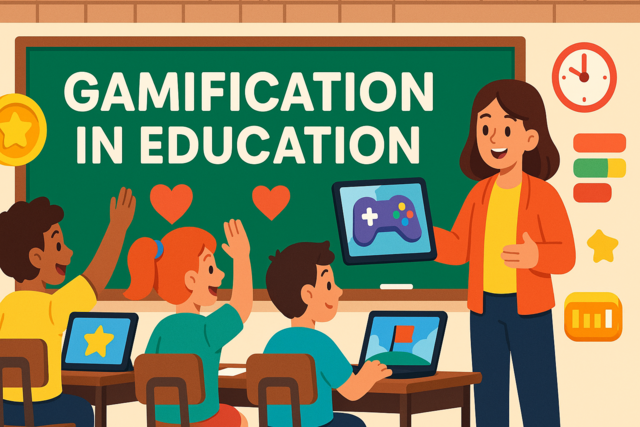 4 hours
0.4 CEUs
Gamification in Education
+ More Info
4 hours
0.4 CEUs
Gamification in Education
+ More Info
-
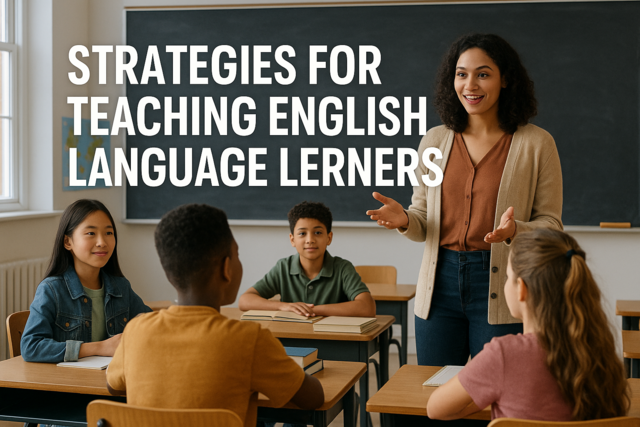 4 hours
0.4 CEUs
Strategies for Teaching English Language Learners
+ More Info
4 hours
0.4 CEUs
Strategies for Teaching English Language Learners
+ More Info
-
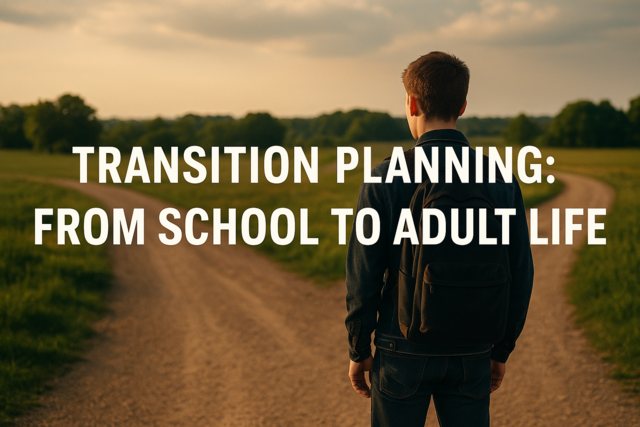 6 hours
0.6 CEUs
Transition Planning: From School to Adult Life
+ More Info
6 hours
0.6 CEUs
Transition Planning: From School to Adult Life
+ More Info
-
 6 hours
0.6 CEUs
Basic Gardening and Plant Care
+ More Info
6 hours
0.6 CEUs
Basic Gardening and Plant Care
+ More Info
-
 6 hours
0.6 CEUs
The Influence of Social Media on Relationship Health
+ More Info
6 hours
0.6 CEUs
The Influence of Social Media on Relationship Health
+ More Info
-
 4 hours
0.4 CEUs
Paranormal Phenomena: Fact or Fiction
+ More Info
4 hours
0.4 CEUs
Paranormal Phenomena: Fact or Fiction
+ More Info
-
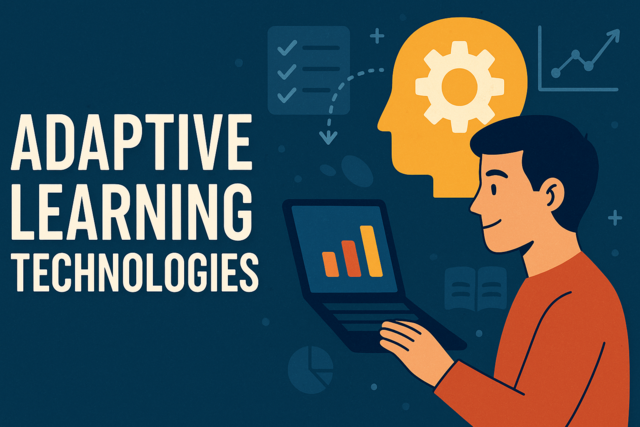 6 hours
0.6 CEUs
Adaptive Learning Technologies
+ More Info
6 hours
0.6 CEUs
Adaptive Learning Technologies
+ More Info
-
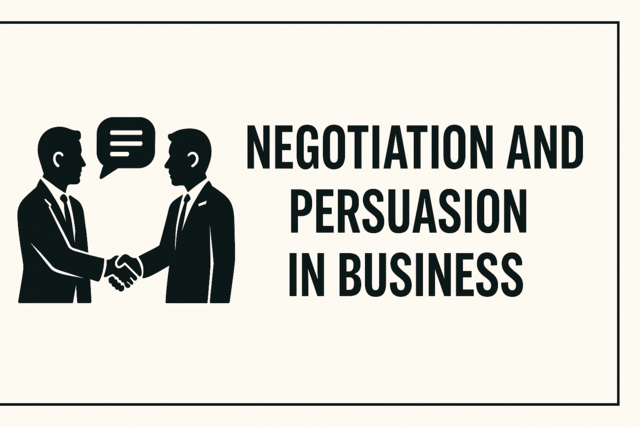 7 hours
0.7 CEUs
Negotiation and Persuasion in Business
+ More Info
7 hours
0.7 CEUs
Negotiation and Persuasion in Business
+ More Info
-
 7 hours
0.7 CEUs
Aligning Curriculum with State Standards
+ More Info
7 hours
0.7 CEUs
Aligning Curriculum with State Standards
+ More Info
-
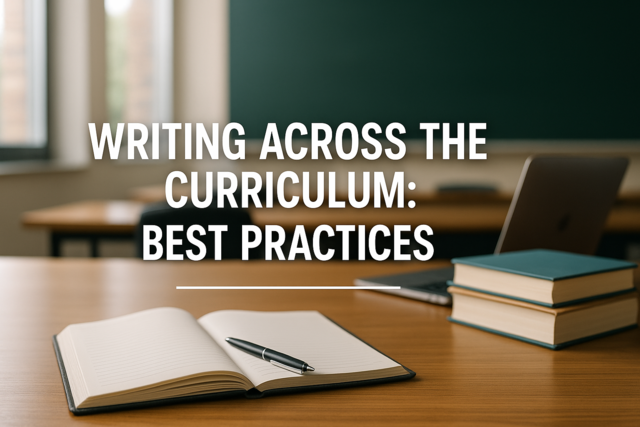 3 hours
0.3 CEUs
Writing Across the Curriculum: Best Practices
+ More Info
3 hours
0.3 CEUs
Writing Across the Curriculum: Best Practices
+ More Info
-
 3 hours
0.3 CEUs
The Science of Happiness in Family Life
+ More Info
3 hours
0.3 CEUs
The Science of Happiness in Family Life
+ More Info
-
 6 hours
0.6 CEUs
Healing from Narcissism: Paths to Recovery and Healthy Dynamics
+ More Info
6 hours
0.6 CEUs
Healing from Narcissism: Paths to Recovery and Healthy Dynamics
+ More Info
-
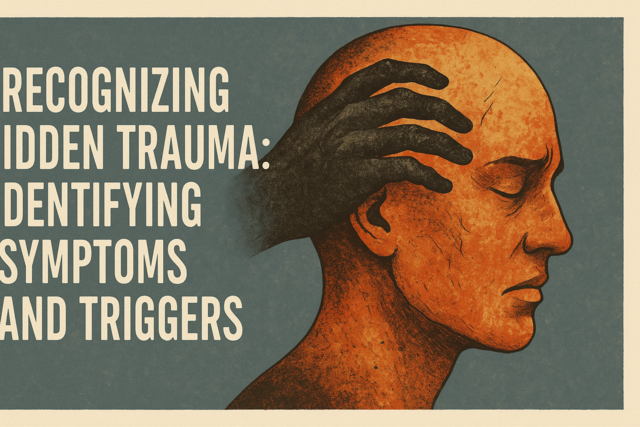 4 hours
0.4 CEUs
Recognizing Hidden Trauma: Identifying Symptoms and Triggers
+ More Info
4 hours
0.4 CEUs
Recognizing Hidden Trauma: Identifying Symptoms and Triggers
+ More Info
-
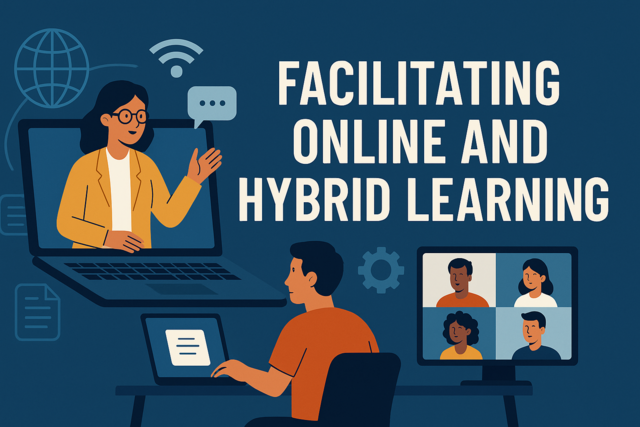 4 hours
0.4 CEUs
Facilitating Online and Hybrid Learning
+ More Info
4 hours
0.4 CEUs
Facilitating Online and Hybrid Learning
+ More Info
-
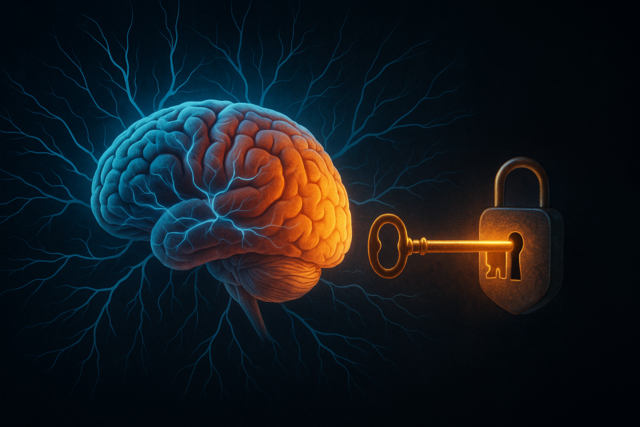 6 hours
0.6 CEUs
Neuroscience of Trauma: How the Brain Processes and Heals from Trauma
+ More Info
6 hours
0.6 CEUs
Neuroscience of Trauma: How the Brain Processes and Heals from Trauma
+ More Info
-
 4 hours
0.4 CEUs
Strengthening Sibling Bonds: Strategies for Lifelong Friendships
+ More Info
4 hours
0.4 CEUs
Strengthening Sibling Bonds: Strategies for Lifelong Friendships
+ More Info
-
 3 hours
0.3 CEUs
Creating and Maintaining Personal Boundaries
+ More Info
3 hours
0.3 CEUs
Creating and Maintaining Personal Boundaries
+ More Info
-
 7 hours
0.7 CEUs
Modern Mindfulness: Being Present in an Age of Distraction
+ More Info
7 hours
0.7 CEUs
Modern Mindfulness: Being Present in an Age of Distraction
+ More Info
-
 5 hours
0.5 CEUs
Contemporary Luxury: Redefining Modern Fashion
+ More Info
5 hours
0.5 CEUs
Contemporary Luxury: Redefining Modern Fashion
+ More Info
-
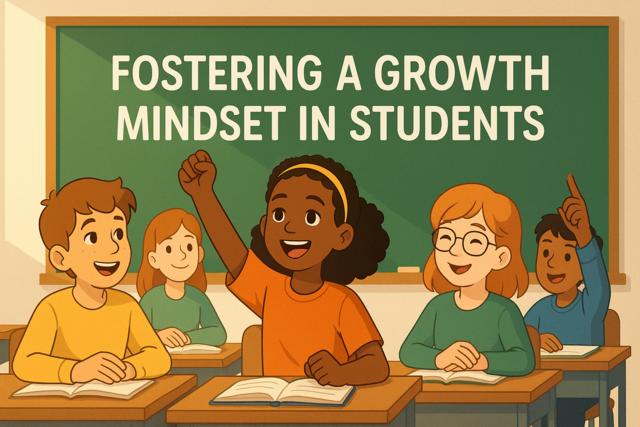 6 hours
0.6 CEUs
Fostering a Growth Mindset in Students
+ More Info
6 hours
0.6 CEUs
Fostering a Growth Mindset in Students
+ More Info
-
 4 hours
0.4 CEUs
Creating a Culture of Collaboration
+ More Info
4 hours
0.4 CEUs
Creating a Culture of Collaboration
+ More Info
-
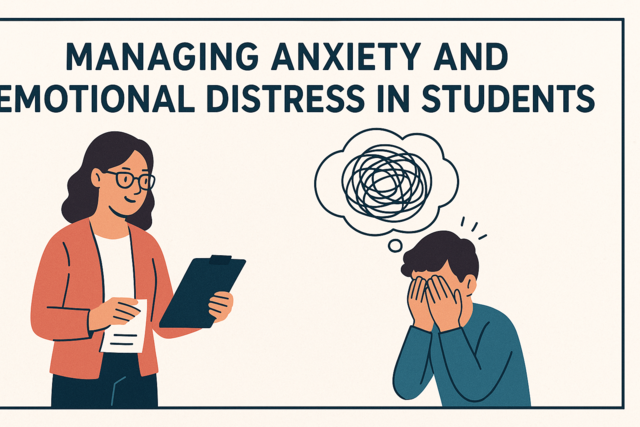 6 hours
0.6 CEUs
Managing Anxiety and Emotional Distress in Students
+ More Info
6 hours
0.6 CEUs
Managing Anxiety and Emotional Distress in Students
+ More Info
-
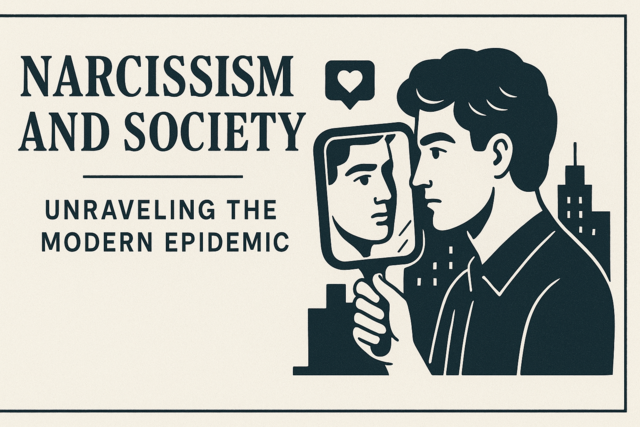 6 hours
0.6 CEUs
Narcissism and Society: Unraveling the Modern Epidemic
+ More Info
6 hours
0.6 CEUs
Narcissism and Society: Unraveling the Modern Epidemic
+ More Info
-
 7 hours
0.7 CEUs
Travel Planning and Safety Skills
+ More Info
7 hours
0.7 CEUs
Travel Planning and Safety Skills
+ More Info
-
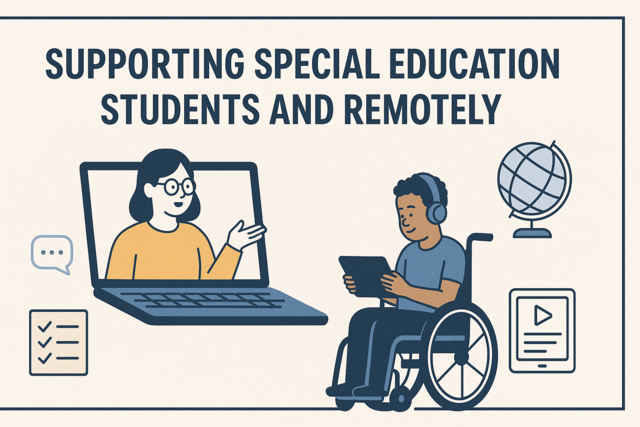 5 hours
0.5 CEUs
Supporting Special Education Students Virtually and Remotely
+ More Info
5 hours
0.5 CEUs
Supporting Special Education Students Virtually and Remotely
+ More Info
-
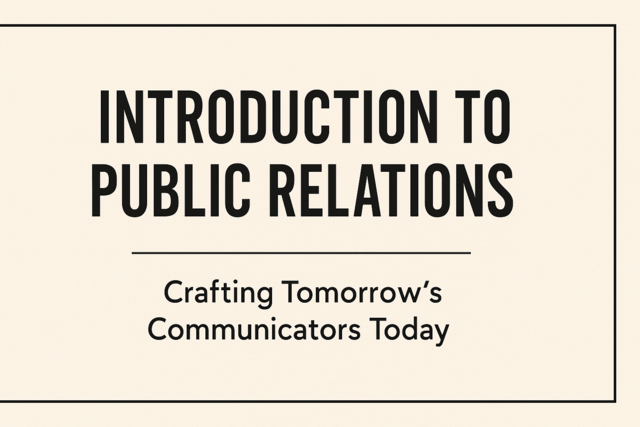 3 hours
0.3 CEUs
Introduction to Public Relations
+ More Info
3 hours
0.3 CEUs
Introduction to Public Relations
+ More Info
-
 5 hours
0.5 CEUs
The Path to Healing: Integrated Approaches to Trauma Recovery
+ More Info
5 hours
0.5 CEUs
The Path to Healing: Integrated Approaches to Trauma Recovery
+ More Info
-
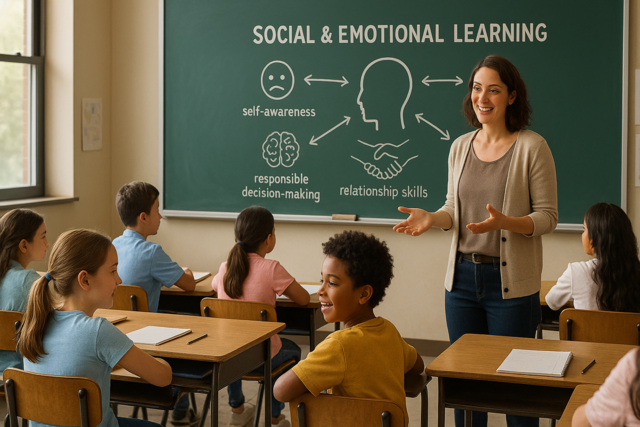 6 hours
0.6 CEUs
Social and Emotional Learning: Programs and Practices
+ More Info
6 hours
0.6 CEUs
Social and Emotional Learning: Programs and Practices
+ More Info
-
 3 hours
0.3 CEUs
The Fourth Dimension: Theories and Consequences
+ More Info
3 hours
0.3 CEUs
The Fourth Dimension: Theories and Consequences
+ More Info
-
 7 hours
0.7 CEUs
Exploring Chakra Alignments
+ More Info
7 hours
0.7 CEUs
Exploring Chakra Alignments
+ More Info
-
 3 hours
0.3 CEUs
Essentials of Contract Negotiation
+ More Info
3 hours
0.3 CEUs
Essentials of Contract Negotiation
+ More Info


